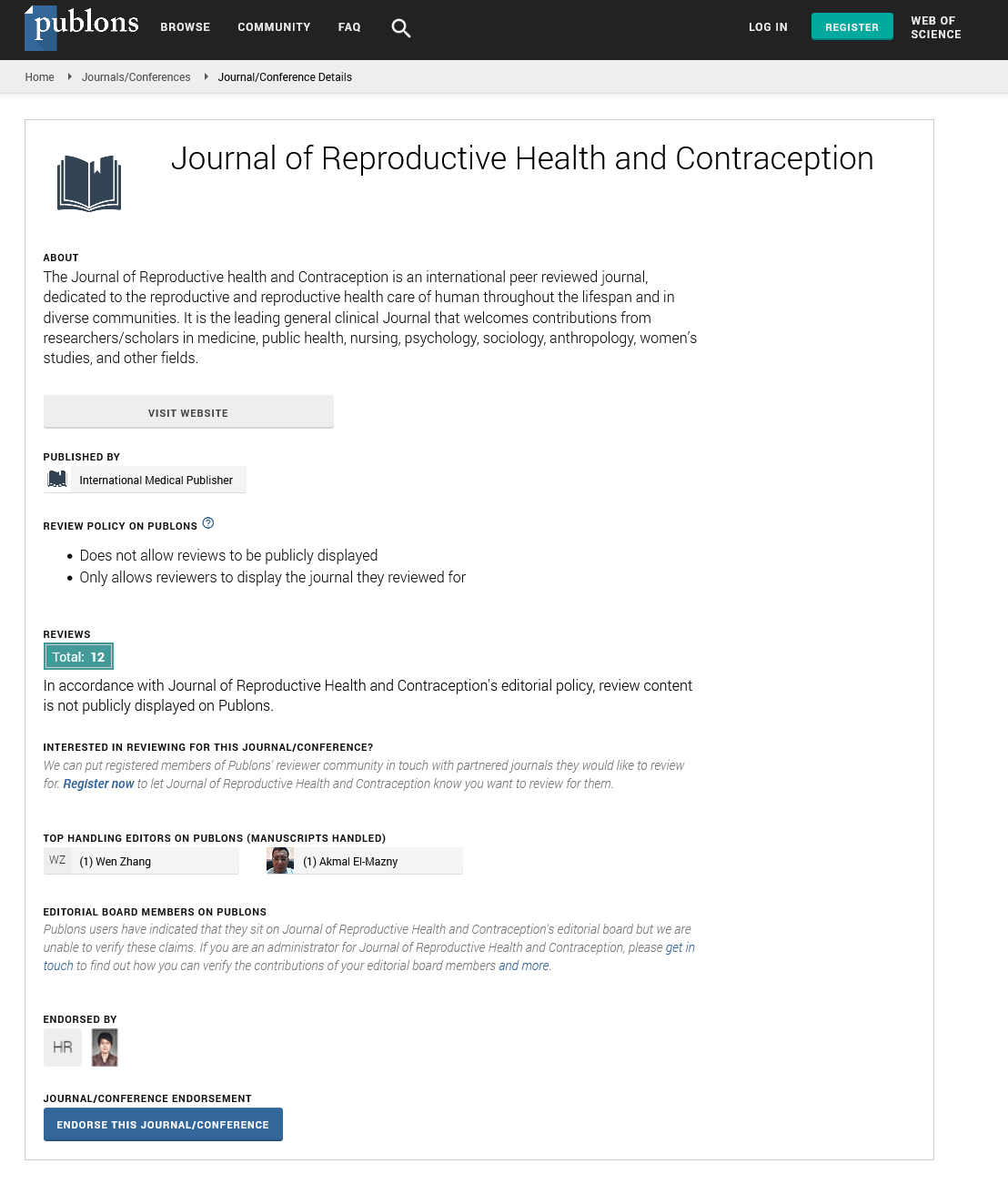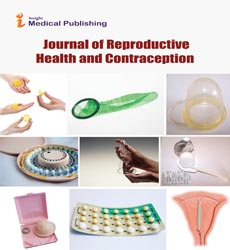Abstract
Students' Sexual Behavior and Knowledge about Sexual Education in Lithuania's City of Kaunas
Background: An issue of lack of sexual health education has been raised following an apparent spread of sexually transmitted diseases and the increased rate of sexual behavior, especially among young people. This study aims to investigate students' knowledge about sexual education and sexual behaviour in Lithuania's city of Kaunas. Methods: The study was conducted between December and March in 2013. Questionnaires were distributed to students before lectures, who then had 5 to 10 minutes to answer the questions. The form consisted of 23 questions focused to interview the students. Statistical data analysis was conducted using SPSS 20.0. The level of significance of 0.05 was chosen to assess the statistical hypotheses. Results: The sample consisted of a total of 525 respondents from Kaunas (Lithuania), 24.2% (127) men and 75.8% (398) women. 78.3% (407) of our study group have already had a sexual intercourse. 60% (264) of study group had a regular sex partner. The most popular contraceptive method was condoms 72.5% (295). 42.9% (224) of our respondents didn‘t know when is the greatest chance to get pregnant during the female menstrual cycle, 41.4% (215) thought that woman cannot get pregnant after delivery before first menstruation. Only 31.8% (165) knew that contraceptive pills are more effective than condoms, however 89.3% (469) of respondents answered correctly that only condoms protect from STD and 91.6% (480) were aware that emergency contraception must be taken during 72 hours after a sexual intercourse. Conclusions: Our investigation demonstrates that students are sexually active but they are lacking sexual behaviour education. Also, this research disclosed that students need more information about the reproductive life of a female, pregnancy possibilities, contraceptives and sexually transmitted diseases.
Author(s):
Cerniauskiene M, Bernotaite M, Abraitis V and Nadisauskiene R
Abstract | Full-Text | PDF
Share this

Google scholar citation report
Citations : 201
Journal of Reproductive Health and Contraception received 201 citations as per google scholar report
Journal of Reproductive Health and Contraception peer review process verified at publons
Abstracted/Indexed in
- Google Scholar
- China National Knowledge Infrastructure (CNKI)
- WorldCat
- Publons
Open Access Journals
- Aquaculture & Veterinary Science
- Chemistry & Chemical Sciences
- Clinical Sciences
- Engineering
- General Science
- Genetics & Molecular Biology
- Health Care & Nursing
- Immunology & Microbiology
- Materials Science
- Mathematics & Physics
- Medical Sciences
- Neurology & Psychiatry
- Oncology & Cancer Science
- Pharmaceutical Sciences


